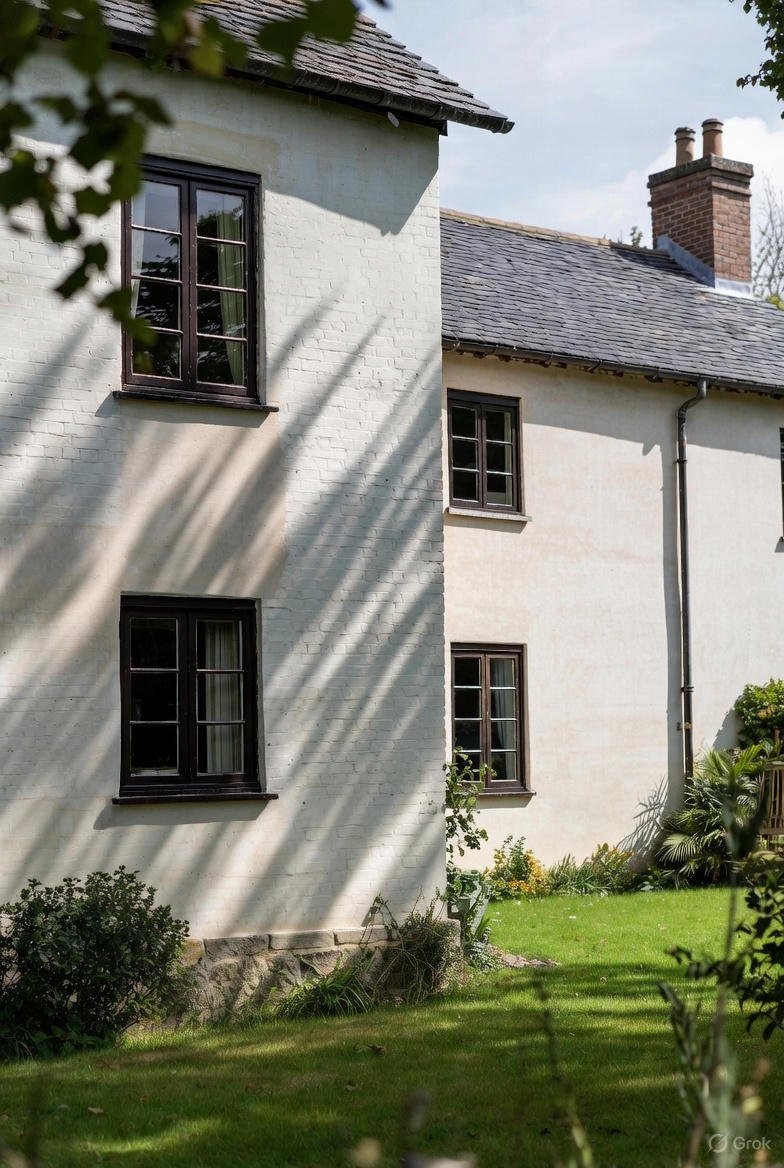
Why Is My Brick House So Hot?
Many homeowners with brick houses notice excessive indoor heat during warmer months, often due to the material's inherent properties. Brick's color and thermal mass play significant roles in absorbing and retaining solar energy, leading to higher temperatures inside. Understanding these factors, along with potential solutions like insulation and exterior coatings, can provide insights into managing heat in traditional brick structures.
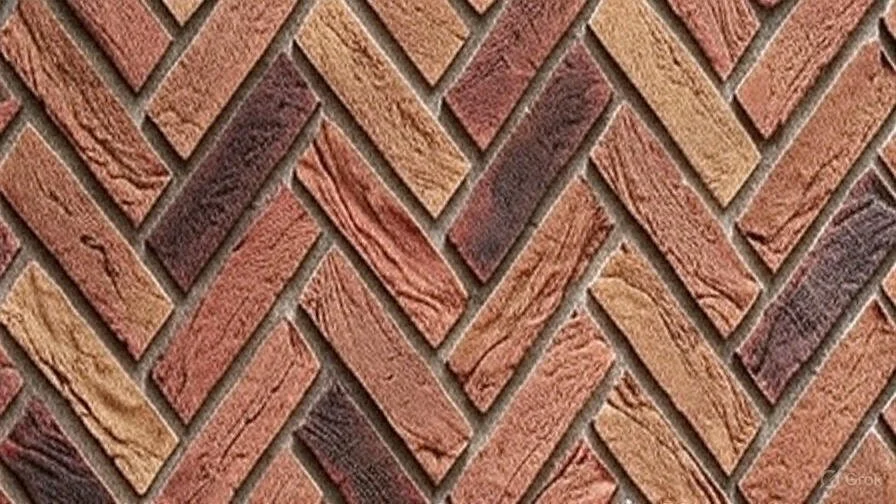
Common Historical and Modern Brick Bond Patterns: An Educational Overview
Brick bonds are the systematic patterns in which bricks are laid to create structural stability, visual rhythm, and regional character in masonry walls. Far from merely decorative, each bond distributes loads differently, manages moisture, and reflects the tools, labor traditions, and material availability of its time and place. Understanding these patterns helps explain why certain bonds dominated specific eras and climates across Europe and North America.
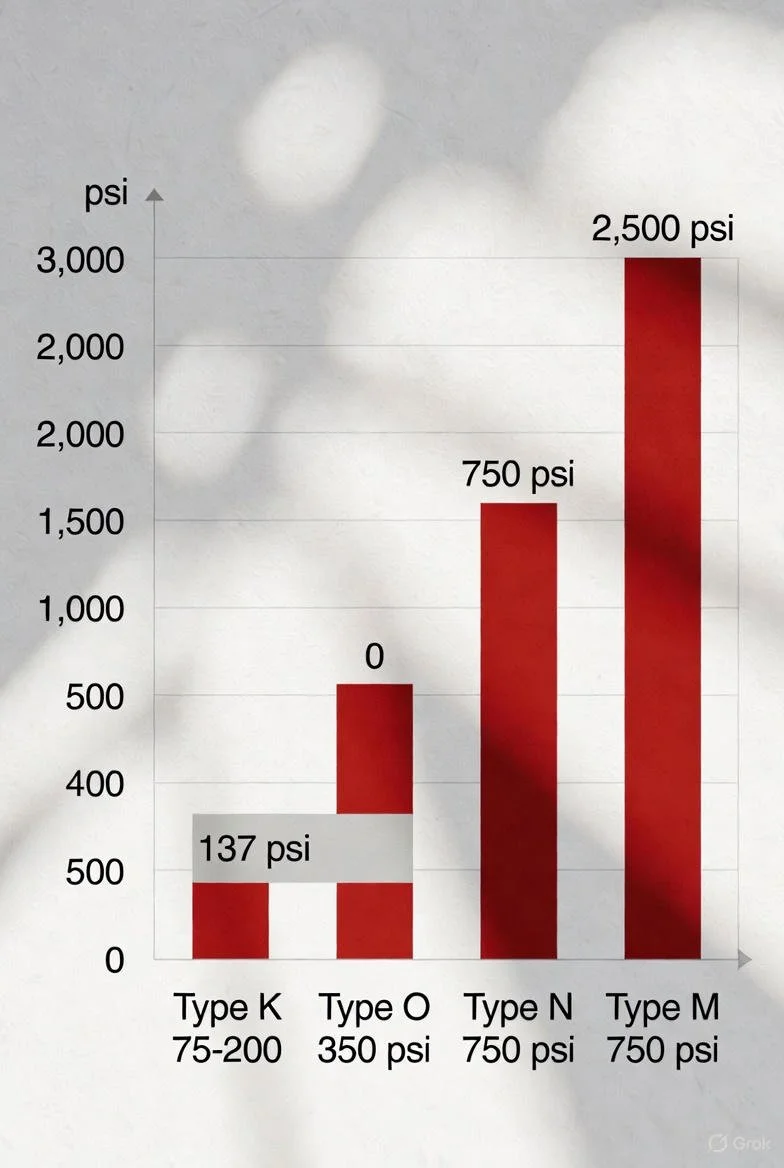
Mortar Strength Categories in Historical and Contemporary Masonry
Mortar strength profoundly influences how masonry walls manage movement, moisture, and long-term durability. Traditional European construction used extremely weak lime mortars, whereas modern practice favors much stronger Portland cement mixes. Selecting the correct strength is fundamental to successful restoration and compatible new construction.

Unlocking the Hidden Perks of German Smear: Insulation for a Cozier, Quieter Home
Hey there, homeowner! As we settle into this crisp October 27, 2025, with energy prices still making waves in the news, what if a single upgrade could wrap your home in timeless charm while dialing down those utility bills and outside noise? Picture transforming your brick exterior into something that not only looks inviting but also works smarter for your comfort. German Smear, that professional masonry technique layering mortar for a textured, European-inspired finish, delivers just that. Here's the smart reason why: It goes beyond aesthetics to offer real insulation benefits, as verified by masonry experts who note how added mortar enhances thermal properties. In this post, we'll explore how this approach creates quieter, more efficient spaces, backed by reliable insights from home improvement sources.
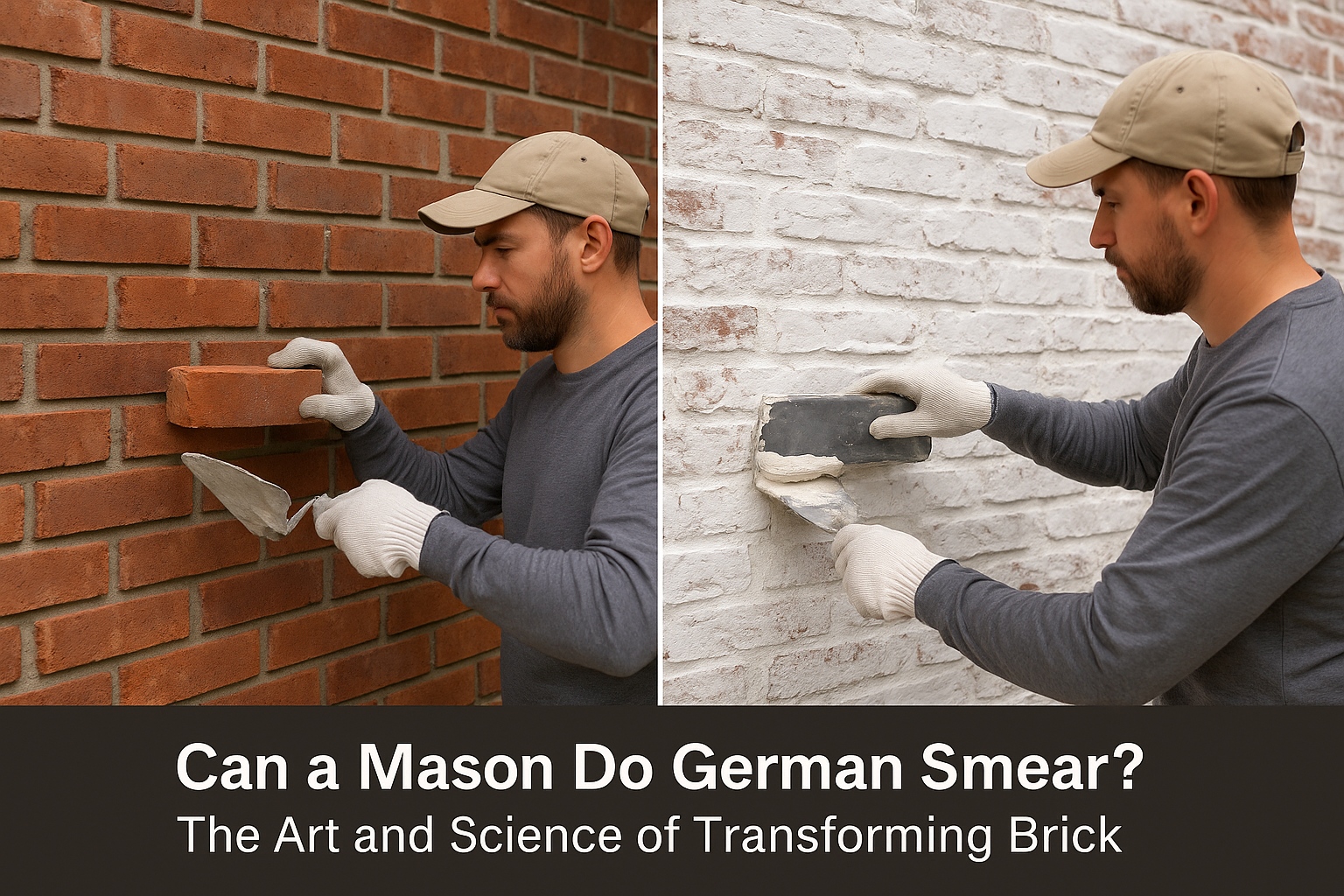
Can a Mason Do German Smear?
Not every mason is equipped to master the artistry behind a true German Smear. While traditional masonry focuses on structure and precision, German Smear requires a creative touch — blending technique, texture, and timing to achieve that signature old-world charm. In this article, we explore why this finish goes beyond standard brickwork, and what sets specialized craftsmen apart when transforming a home’s exterior.
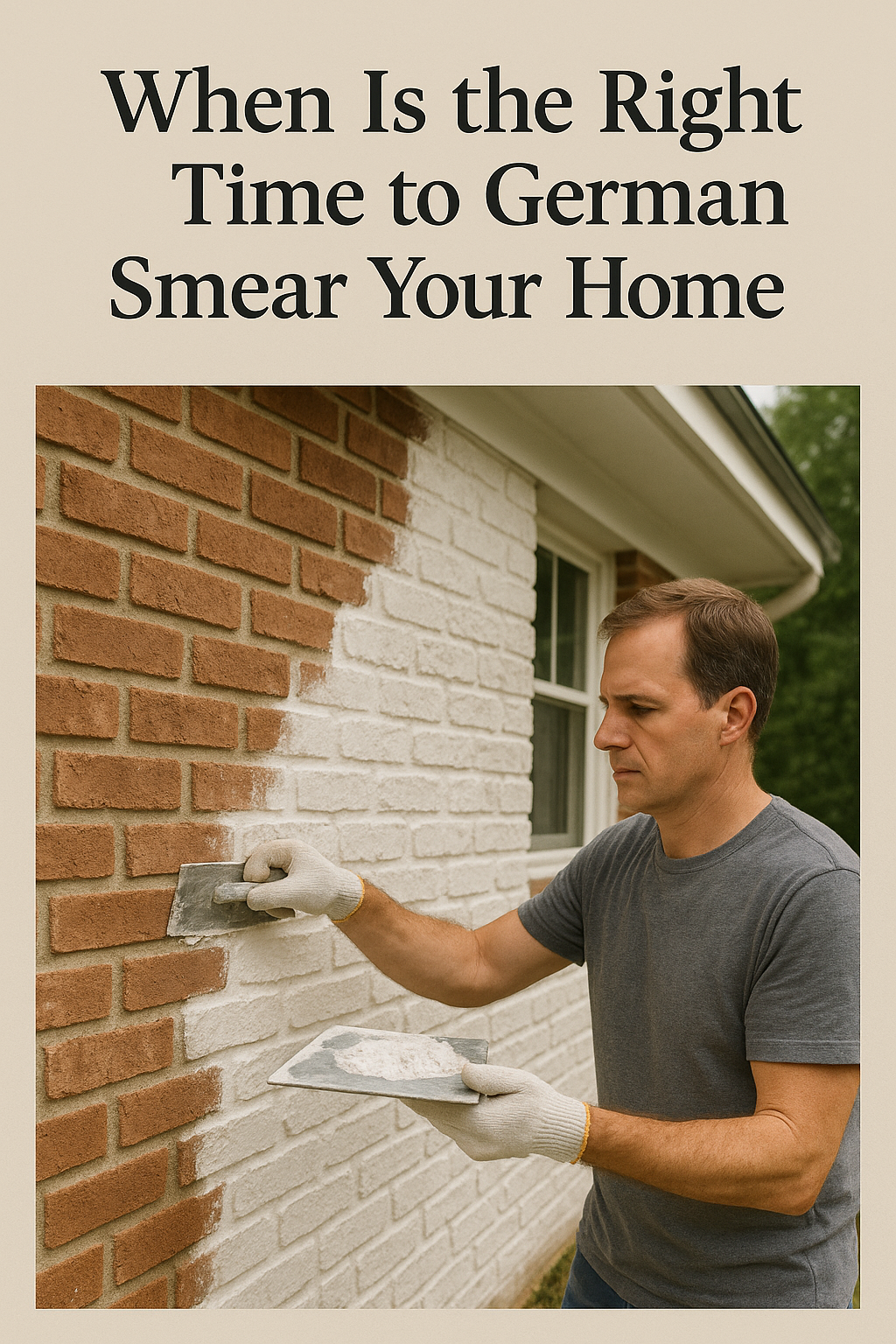
When Is the Right Time to German Smear Your Home?
Choosing the perfect moment to apply German Smear to your home is key to a stunning, lasting result. Aim for spring or fall when temperatures hover between 50°F and 80°F, humidity is low, and rain is scarce—early fall, like September, often fits the bill. Ensure your brick is in top shape, free of cracks or old paint, and plan during a quieter season to secure skilled masons. Contrary to DIY myths, this isn’t a cheap fix, and larger projects demand professional expertise for a flawless finish.

How Much Does German Smear Cost?
Transform your home with the rustic charm of German smear, a masonry technique that brings European-inspired texture to brick surfaces. At German Smear Specialists, our years of expertise and secret methods ensure a chip-free, fade-resistant finish that needs only a yearly power wash to stay stunning. Curious about costs? In 2025, our professional German smear starts at $6.50 per square foot, meaning a 1,600-square-foot home begins at $10,400. Two-story homes cost more, but our no-scaffolding approach keeps prices competitive. Compared to painting ($7,000-$10,000) or the pricier mortar wash, German smear offers lasting beauty with minimal upkeep—especially with our optional protective coating against dirt and water. Dive into our guide to debunk myths, explore DIY options for small projects, and see why German smear is a timeless investment for your home.

A Detailed & Comprehensive Look At German Smear
German Smear is a time-tested masonry technique that transforms brick with rustic, old-world charm. Learn about its history, application, maintenance, and why it’s trending again in modern home design.

Transforming Brick with Acid Stain: A Bold, Timeless Finish for Interior & Exterior Spaces
Acid staining brick is a bold way to breathe new life into dull masonry. Learn how this technique works, where to use it, and why it’s a game-changer for your next renovation.

German Smear and What It’s Often Confused With: Differences and Similarities Explained
Confused about German Smear, whitewashing, and limewashing? Here’s how these popular brick finishing techniques differ—and what makes each one unique!

